In today’s hyper-connected world, email remains the backbone of business communication. Whether it’s closing deals, coordinating with remote teams, or engaging clients, email is the linchpin that holds everything together. However, with its widespread usage comes an array of vulnerabilities that cybercriminals are eager to exploit.
Welcome to the battleground where your inbox is the frontline. Let’s delve into why safeguarding your email system is more critical than ever.
The Growing Threat Landscape
Email is a favorite playground for cyber attackers, and the variety of tactics they employ is both impressive and alarming. Here are some of the most prevalent threats:
- Phishing: Crafty emails designed to trick recipients into revealing sensitive information, such as passwords or credit card numbers.
- Ransomware: Malicious software that locks you out of your data until a ransom is paid.
- Malware Attachments: Files that, when opened, infect your system with harmful software.
- BEC (Business Email Compromise) Scams: Sophisticated schemes where attackers pose as company executives to dupe employees into transferring money or sensitive data.
The common thread here? Social engineering. These attacks often exploit human psychology, making it crucial to address both technological and human vulnerabilities in your security strategy.
The Consequences of Email Breaches
An email breach isn’t just a minor hiccup—it’s a full-blown crisis. Here’s what could go wrong:
- Financial Losses: From direct theft to costly downtime, breaches can drain your resources fast.
- Reputational Damage: Trust is hard to earn and easy to lose. A breach can tarnish your brand’s reputation, making customers think twice before doing business with you.
- Legal Issues: Failing to protect customer data can land you in hot water with regulatory bodies, resulting in hefty fines and legal fees.
And let’s not forget the long-term impact on customer trust and business viability. Once trust is broken, it can take years to rebuild.
The Role of Email Security Products
So, how do you arm yourself against these threats? Here’s a rundown of essential email security features:
- Advanced Threat Detection: Utilizing machine learning and behavioral analytics to spot and neutralize threats before they cause harm.
- Email Encryption: Encrypting emails ensures that even if they are intercepted, the data remains unreadable.
- Spam Filtering: Effective filters can block a significant portion of phishing attempts and spam, reducing the risk of exposure.
- Authentication Mechanisms: Implementing SPF, DKIM, and DMARC protocols can help verify the origin of emails, making it harder for attackers to spoof your domain.
- User Awareness Training: Educating employees on recognizing and responding to suspicious emails is crucial. After all, a chain is only as strong as its weakest link.
Choosing the Right Email Security Solution
Selecting the right email security solution isn’t a one-size-fits-all affair. Here are some factors to weigh:
- Organizational Needs: Assess your specific risks and requirements. A small business might need different protections compared to a large corporation.
- On-Premises vs. Cloud-Based Solutions: On-premises solutions offer control but can be resource-intensive. Cloud-based solutions are scalable and often easier to manage. Hybrid models can provide a balance of both.
- Usability and Performance: The best security solution is one that integrates seamlessly into your existing workflows without sacrificing performance.
Conclusion
Robust email security measures aren’t just a nice-to-have—they’re a necessity. By understanding the risks and implementing comprehensive protection features, you can transform your email system from a vulnerability into a fortress.
Don’t wait for a crisis to take action. Proactively upgrade your email security systems today. For further assistance, feel free to contact us. Your security is our priority, and we’re here to help you every step of the way.
Ready to fortify your email defenses? Contact us now to discuss how we can help you secure your communications and protect your business.



